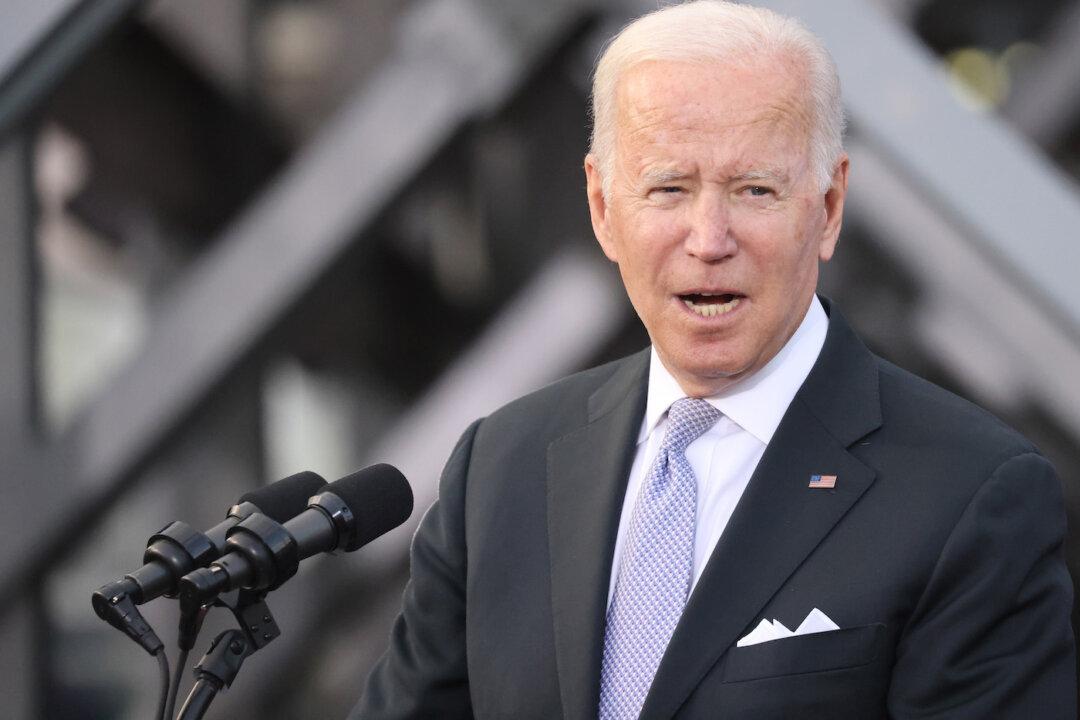President Joe Biden has indicated support for changing or abolishing the filibuster in order to pass election legislation, a substantial shift from his long-touted position in favor of the Senate’s peculiar rule.
The flip came after Republicans on Wednesday filibustered Democrats’ “Freedom to Vote” Act, an election bill crafted under the guidance of moderate Sen. Joe Manchin (D-W. Va.).





